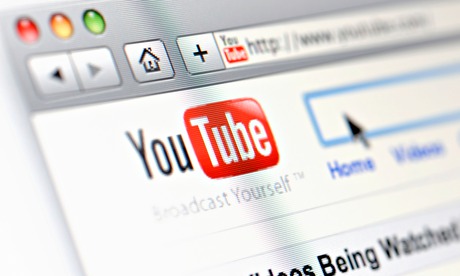
David Cameron is right about this: it's hard to bring up children in the internet age, when the web scoffs at the idea of "boundaries" – whether national or age-related. When it comes to YouTube, you have two choices as a parent: sit alongside your kid for every minute that they're on the site, or trust that YouTube's system for "related content" won't take them down some byway where they'll encounter something that isn't even vaguely appropriate.
In YouTube's world, humans only have three ages: under 13; between 13 and 18; over 18. The first group doesn't formally exist, because US law doesn't let internet companies sell or collect information about under-13s. They are not allowed a YouTube account.
The second group is treated as homogenous – when any parent would tell you that there's a vast gap between 13 and 18 in terms of understanding and what is appropriate to view. This group is barred from seeing videos tagged as "explicit". The third group is allowed to watch anything.
With just one explicit rating that suggests those under 18 shouldn't watch it, YouTube is assuming that all 13- to 18-year-olds have the same degree of maturity. Hello, YouTube: this is the wrong assumption. You're dealing with rapidly developing humans here.
The trouble is, the rest of us are dealing with a Silicon Valley company with an apparent indifference to the finer points of human development.
The current lack of parental controls or labelling on videos is absurd. It would be quite simple for YouTube to add a field to every uploaded video where it asked the creator to indicate an appropriate age range for the content – pictures and language. Under 13? 13-15? 15-18? 18+? It's the same sort of rating scheme that films have – and indeed, those are the slots that Cameron's limp effort, announced on Monday, will use.
The weakness of Cameron's effort is that it will only apply to music videos. I mean, really? That's just tinkering at the edges.
The argument against age rating is that kids will create online personae for themselves and get around any age block. I suspect that like most things, companies will insist this is axiomatic, right up the point where it loses them money, which is when things will change.
If companies were fined for showing children age-inappropriate content (as retailers are when they sell cigarettes to children), I bet they'd find a way to create age-testing systems.
I suspect Cameron, like me, would like something much broader than he announced for YouTube. But without real penalties, and with the perverse incentives whereby more users means more ads means more money, it does not look hopeful.

